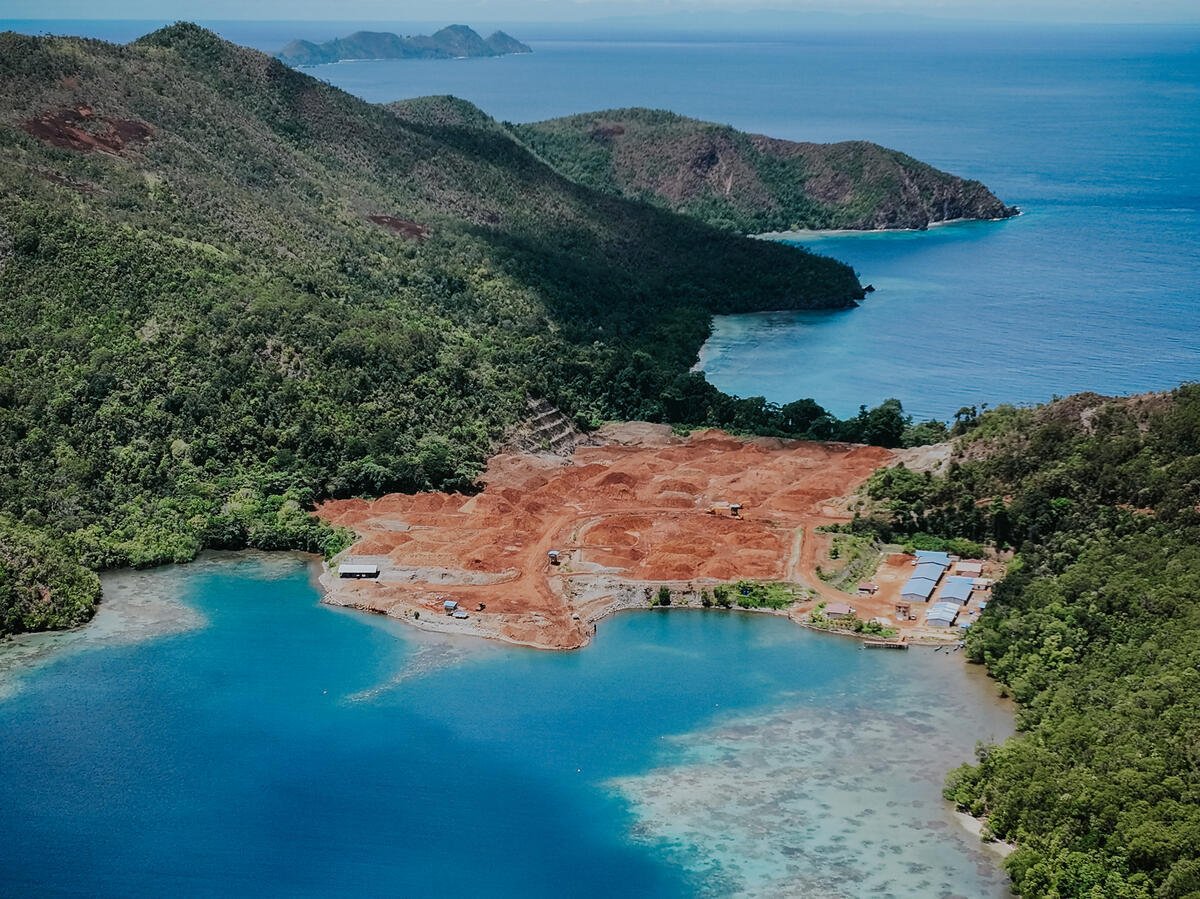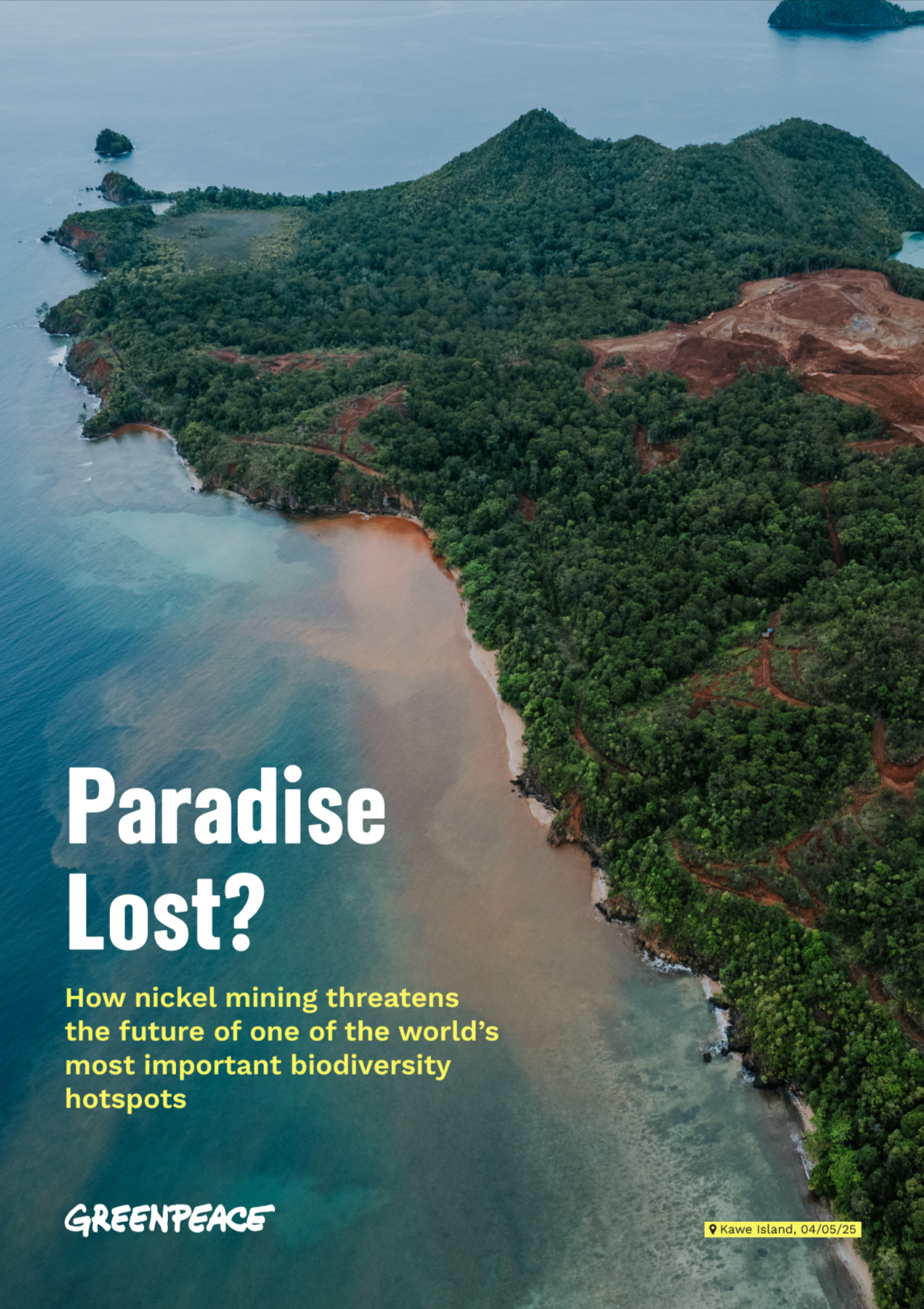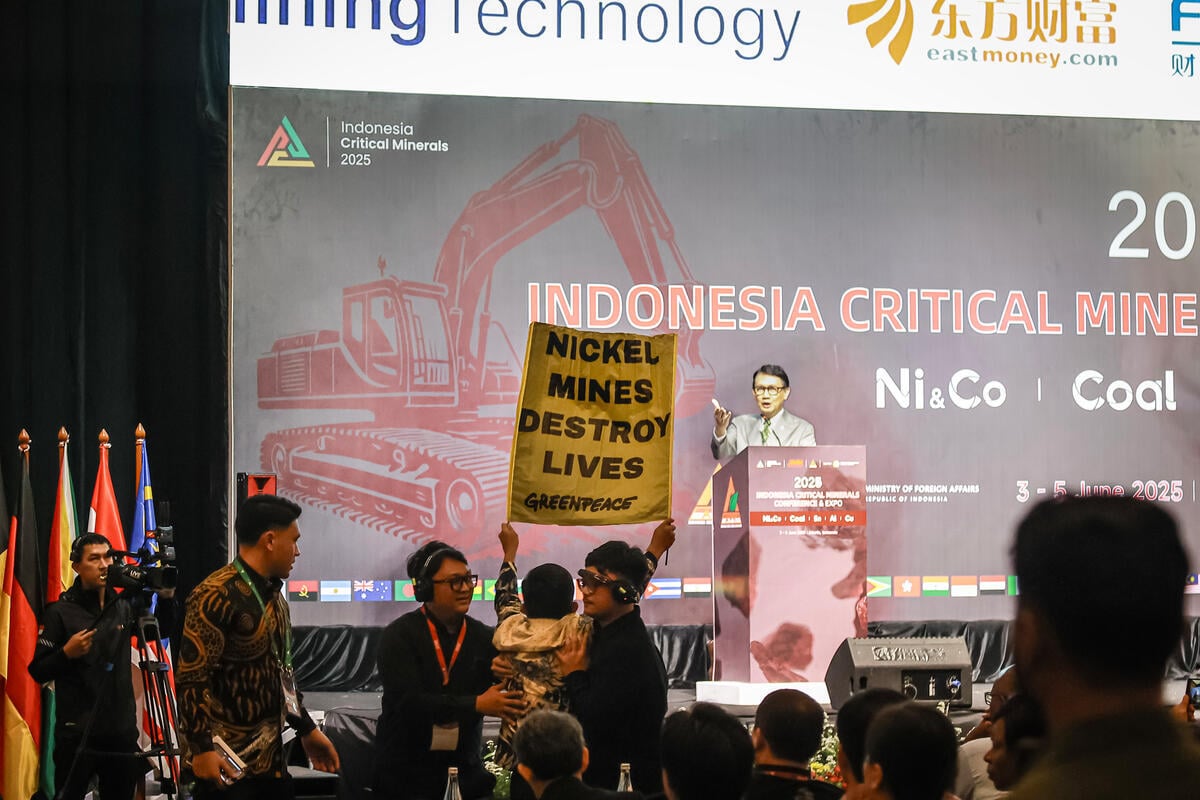Jakarta, 21 Sept 2022 – As representatives of Indonesia and Norway work over the coming weeks on the details of a renewed climate partnership, Greenpeace Indonesia points to some important issues for inclusion to ensure the agreement does help to bring about urgently needed change to Indonesia’s trajectory of deforestation.
“The details of this collaboration must be drafted to target the entrenched problems in our forest management, not simply reward vague promises that obscure the fact that biodiversity loss, conflicts with Indigenous and local peoples, and ten million hectares of potential deforestation are still a reality,” Kiki Taufik, global head of Greenpeace’s Indonesian Forests Campaign said.
“The MoU does not describe a clear public participation and monitoring mechanism to be undertaken via a credible institution to ensure good governance in the implementation of this agreement. The Widodo government is allergic to sunlight – it has repeatedly refused to be open over maps and other details of forests management, ignoring direct court orders and failing to provide clarity over promises it would cancel problematic plantation concessions in forest areas,” Kiki continued.
“Without transparency, the public will be unable to verify emission reductions from the forestry sector in accordance with this agreement. But worse still, Indigenous and local community landowners will still be left in the dark about who has been handed control of their forest lands.”
The new partnership agreement signed on Sept 12 comes exactly a year after the Indonesian government unilaterally terminated the previous agreement, and contains much the same content, with the addition of a focus on achieving Indonesia’s new FOLU net sink 2030 Operational Plan.
Kiki said: “Indonesia is still shuffling along at a snail’s pace in recognising Indigenous land rights in forest areas. This agreement should include provisions to resource that process, otherwise its mention of Indigenous communities as ‘active participants’ in forest protection will remain little more than lip service.”
“Since the first bilateral agreement, Indonesia’s environmental protections have been wound back under regulations forming part of the Job Creation Law. Companies operating illegally inside Indonesia’s forest estate are being let off the hook. The weakened legal situation makes it even less likely that the Norway-Indonesia agreement will bear fruit.”
Media contacts:
Igor O’Neill, Indonesia Forest Campaign, [email protected] +61 414 288 424



